Planning your crisis comms: handling Coronavirus rumours
When something has the whole world worried like Coronavirus, it’s easy to get swept up in the commotion and not stay on brand with your communications. Through these unprecedented times, it is important that UK organisations – and a key focus for us at Athene, schools – have a plan in place for their crisis comms before rumours start to spread.
In an ideal world, companies would have a crisis comms team assembled and ready to deal with these instances. But for those that haven’t, we’ve put together a few pointers for how you can best approach your communication if news of the virus gets out of control.
We would be happy to advise you on messaging to staff, letters or social media posts to parents, and handling media enquiries on your behalf through this changing situation. If you would like the reassurance and support of our communications consultants during the next few weeks, please do contact us on education@athene-communications.co.uk.
Our advice for companies is to always stick to the facts and remain consistent. It is important to observe the advice of the government and Public Health England and follow what they are suggesting. Once you start to deviate from this advice, it is harder to justify your approach and can result in further unnecessary concern
Always keep your messages consistent with crisis comms
When it comes to a crisis comms strategy, it’s important that you agree your messages as a team and stick to them. Whatever channels you use for communication, it’s important to make certain that your messaging always remains the same to avoid confusion and ensure clarity.
Agree a central channel of communication
Decide and agree a central point of communication so that people know where they will be able to find information and updates. For example, you may have a Facebook page where you provide all new updates, or a specific page on your website.
Doing so means that you can control your messages in one place and reassure your audience that they can find the latest information easily, without worrying that they’ve missed something.

Set clear roles in your crisis comms team
Whether you have an existing team or not, it’s important that you set out clear roles and responsibilities when a crisis does happen. The team handling ‘business as usual’ comms vs those handling the actual crisis itself should be kept separate, otherwise responsibilities can get muddled and this is where companies tend to fall down during a crisis.
Make it clear that only one person (or perhaps two people in some cases) holds responsibility to speak to the media about the situation and make it clear that no other staff are permitted to do so. Prepare these key people for facing the media to help them stick to their messages and avoid deviating from the agreed points.
Be as proactive as possible with your communication
When there is a global outbreak such as this, it’s easy for rumours to spread. It’s important to be as proactive as possible with your communications. Staying in control of the situation and providing regular updates is vital to building trust.
Even if you have no new information, it’s best to provide a quick update via that central communication channel that lets people know that they will be notified if anything changes.
Seek advice from the relevant bodies
In the case of a health outbreak, it is always best to seek advice from Public Health England. At present, Public Health England has issued statements on best practice for employers and organisations and what educational institutions should do in this situation.
It’s really important to follow this advice and not deviate, as you may cause more panic by choosing to take another approach. Here at Athene, this is something we have experience of in managing communications for schools, working to ensure that advice is given and stuck to.
Always hold a post-crisis de-brief
After any crisis situation, always analyse what went well and what could have been handled better. This helps to identify what could be learnt from the experience in order to improve your processes for the future.
Crisis situations where communication is crucial may even highlight to you the importance of having a designated crisis comms team in place within your organisation.
If you need any help with getting your key messages together in a crisis or anything communications related, then please get in touch with us on 01733 207340 or by contacting our Director of PR, Ryan Hyman – ryan@athene-communications.co.uk
